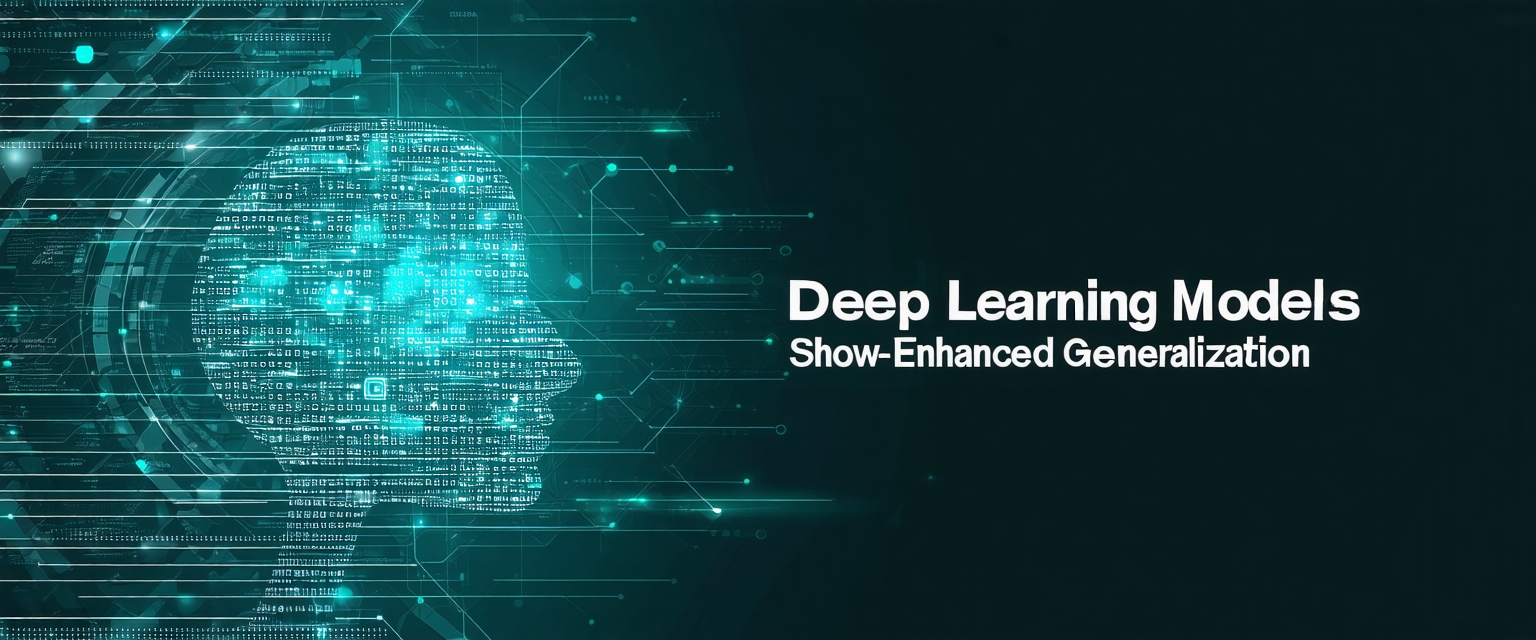






Recent advancements in deep learning have yielded significant improvements in model generalization and efficiency. These developments promise to broaden the applications of AI across various fields.
Deep learning models, particularly large language models (LLMs), have shown remarkable capabilities in various tasks. However, a major challenge has been their tendency to overfit training data, limiting their ability to generalize to unseen data. This often requires enormous datasets and significant computational resources.
Previous approaches focused on architectural changes and regularization techniques to mitigate overfitting. However, recent research has explored novel training methodologies and data augmentation strategies.
Researchers have recently demonstrated success with techniques focusing on improved data efficiency. This includes advancements in prompt engineering, which allows for better extraction of knowledge from existing data, reducing the need for massive datasets. Another significant development is the exploration of more efficient model architectures, focusing on reducing the number of parameters while maintaining performance. This leads to faster training times and lower resource requirements.
These new methods show promise in addressing the limitations of current deep learning models, allowing for the development of more adaptable and robust AI systems.
The impact of these improvements extends to various sectors. In healthcare, more efficient models could lead to faster and more accurate disease diagnosis. In finance, improved generalization capabilities can enhance risk assessment and fraud detection. The overall accessibility of AI solutions also increases, as smaller, less resource-intensive models can be deployed on a wider range of devices and platforms.
Future research will likely focus on further improving data efficiency and creating even more compact and efficient models. Researchers are also exploring methods to enhance the explainability and transparency of deep learning models, addressing concerns about their “black box” nature. The development of more robust methods for handling noisy and incomplete data will also be a crucial area of focus.